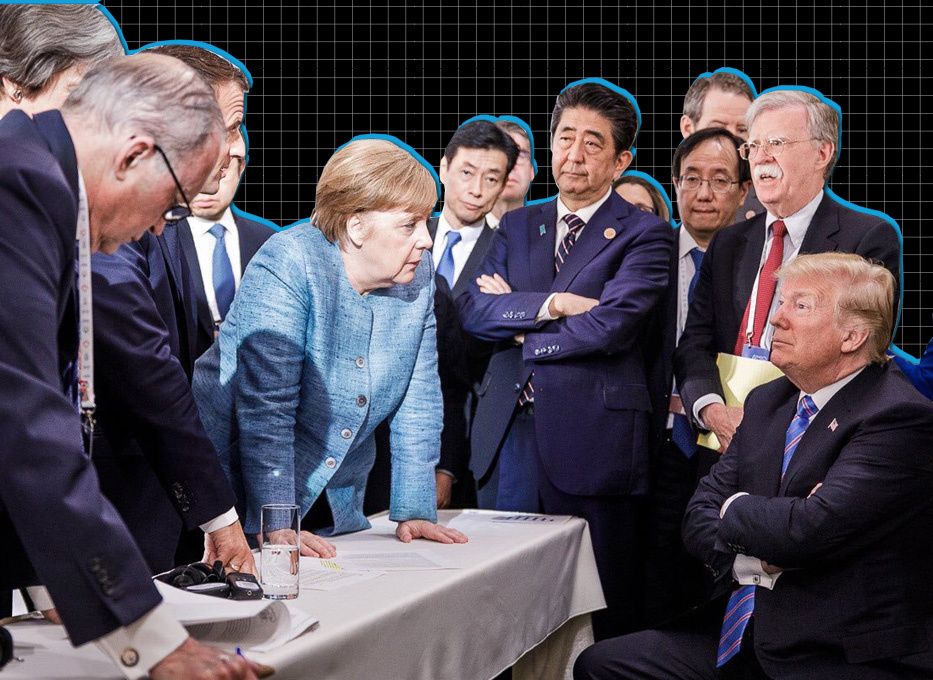World leaders have gathered in Osaka, Japan for the latest G20 summit meeting. What is the G20, where did it come from, and why is it unable to meet the world's biggest challenges?
Thirty years ago, the G7 countries had real power. In 1989, these seven — the US, Japan, Britain, France, Germany, Italy, and Canada — generated almost 70% of global growth. But that number fell to 50% by 2008, and the global financial crisis made clear they had to work with China, India and others to get things done.
▲That's the moment when the G20 group of countries first became important. The G20 responded effectively to the financial crisis, because it threatened all these countries at the same time and in a big way. Today, the G20 countries account for about 80% of the global economy and two-thirds of the world's population.
▲But since the financial crisis, the G20 hasn't accomplished much. There are two main reasons why:
- It's hard to get 20 countries to agree on anything that demands shared sacrifice.
- The G20 countries don't share basic political and economic values.
The result: There are big challenges the G20 can't really address.
▲Like climate change.
▲And the large number of migrants on the move around the world.
▲And international trade rules.
▲And cyber rules.
▲And global security.
▲That's a big reason we're living in a GZERO World, where no country or group of countries can meet the global challenges of our time.
▲